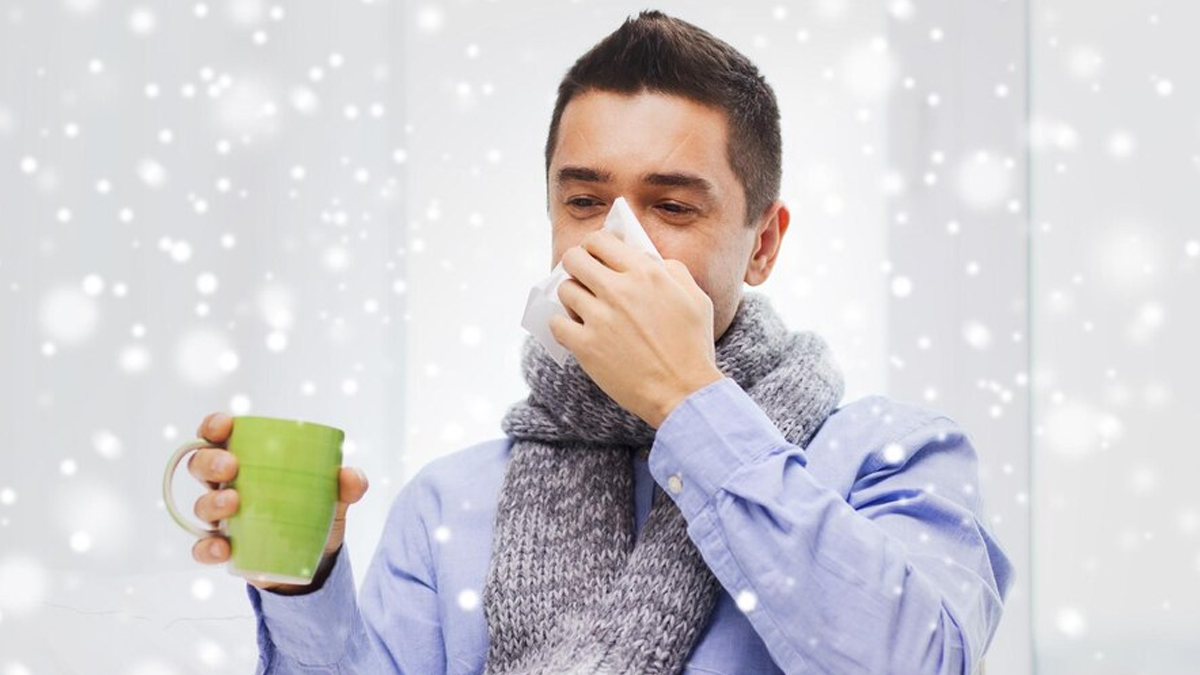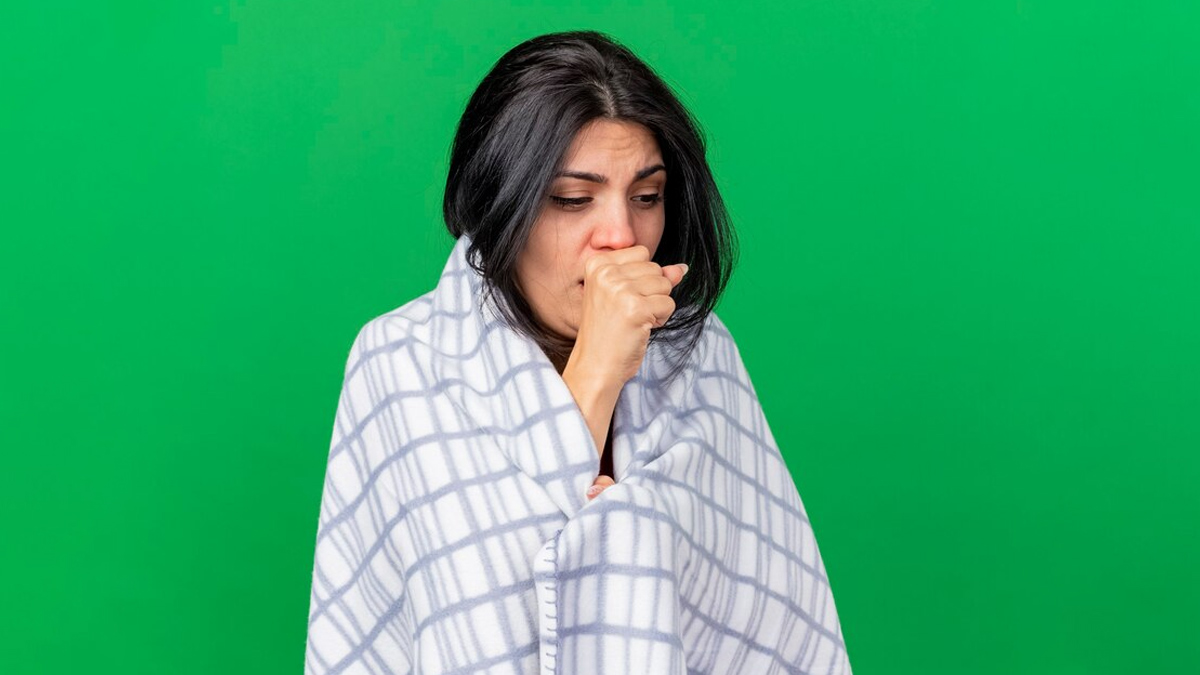
Coughing is common, and usually there is no cause for concern. It is generally a reflex that helps clear irritants trapped in the airway. Coughing can also be triggered by a common cold, flu, or other respiratory issues. However, sometimes a cough can persist even after you have recovered from a cold or respiratory infection. You might wonder what this lingering cough could signify and if medical assistance is necessary. Therefore, understanding the potential causes of a lingering cough and knowing when to see a doctor is essential for your health.
Table of Content:-
In an interaction with the OnlyMyHealth team, Dr Anantha Padmanabha, Senior Consultant - Internal Medicine, Fortis Hospital, Nagarbhavi, Bengaluru, shares detailed insights around the same.
Also Read: From Allergies to Asthma, These Conditions Can Trigger Nasal Polyps
Causes Of Cough That Lingers After A Cold

According to the Mayo Clinic, most cases of the common cold resolve without treatment within 7-10 days. However, for some individuals, a cough may persist beyond this period. This lingering cough can result from various factors, either related to the preceding cold or stemming from an underlying condition. Regardless of the cause, it is important to seek treatment.
Speaking with us, Dr Padmanabha shares some possible causes to consider. These include:
Lingering viral particles
This is one of the most common reasons behind a lingering cough after a cold. After an infection, viral particles are likely to remain in the respiratory system, which can trigger a persistent cough. This lingering cough is often a result of the body's natural response to clear out these particles. As the immune system continues to fight off the remaining virus, inflammation in the throat and airways may lead to ongoing irritation, leading to a cough that can last for weeks.
Postnasal drip
Post-nasal drip is a common symptom of colds, allergies, and infections. It is characterised by mucus from the nose or sinuses that continuously drips down the back of your throat, causing irritation. It can persist after a cold, causing chronic cough.
Allergies

When it comes to post-cold coughs, allergies can also trigger it, as allergens can irritate the airways and trigger a cough reflex. If you have a history of allergies, being exposed to pollen, dust, or pet dander may worsen your symptoms after a cold.
Acid reflux
Interestingly, acid reflux can also contribute to a lingering cough after a cold, according to Dr Padmanabha. Acid reflux occurs when stomach acid backs up into the oesophagus, irritating the throat and leading to a chronic cough. If you notice your cough worsening after eating or lying down, consult a healthcare provider to manage reflux symptoms effectively.
Environmental irritants
Sometimes, post-cold cough could also occur due to exposure to environmental irritants, such as smoke, pollution, or strong fragrances. These irritants can cause inflammation in the airways, leading to a persistent cough. The symptoms are usually manageable by avoiding these irritants and using air purifiers.
Weakened immune system
A weakened immune system, whether due to underlying health conditions or medications, can delay recovery from a cold and contribute to lingering symptoms like cough. If your immune system is compromised, you may be more susceptible to infections or inflammation. Therefore, consult a doctor if you have a compromised immune system and get the treatment needed.
Signs You Should See A Doctor For Persistent Cough

Dr Padmanabha notes the importance of distinguishing between a harmless and a serious cough. To determine whether a cough is harmless or may indicate a more serious condition, consider several factors: the duration (especially if it persists over 8 weeks), severity (if it disrupts sleep or daily activities), and specific characteristics (such as a bloody, rusty, or wheezy sound), he says.
Additionally, pay attention to accompanying symptoms like fever, chest pain, or difficulty breathing, and take into account any previous medical conditions, such as lung disease or asthma.
Consult a doctor and seek immediate treatment if you experience bloody or rust-coloured mucus, chest pain or tightness, difficulty breathing, a fever over 102°F, wheezing or stridor, excessive mucus production, recent travel to a country with a disease outbreak, or possible exposure to contagious diseases. These symptoms may signal a more serious condition that requires prompt medical attention.
Also watch this video
How we keep this article up to date:
We work with experts and keep a close eye on the latest in health and wellness. Whenever there is a new research or helpful information, we update our articles with accurate and useful advice.
Current Version